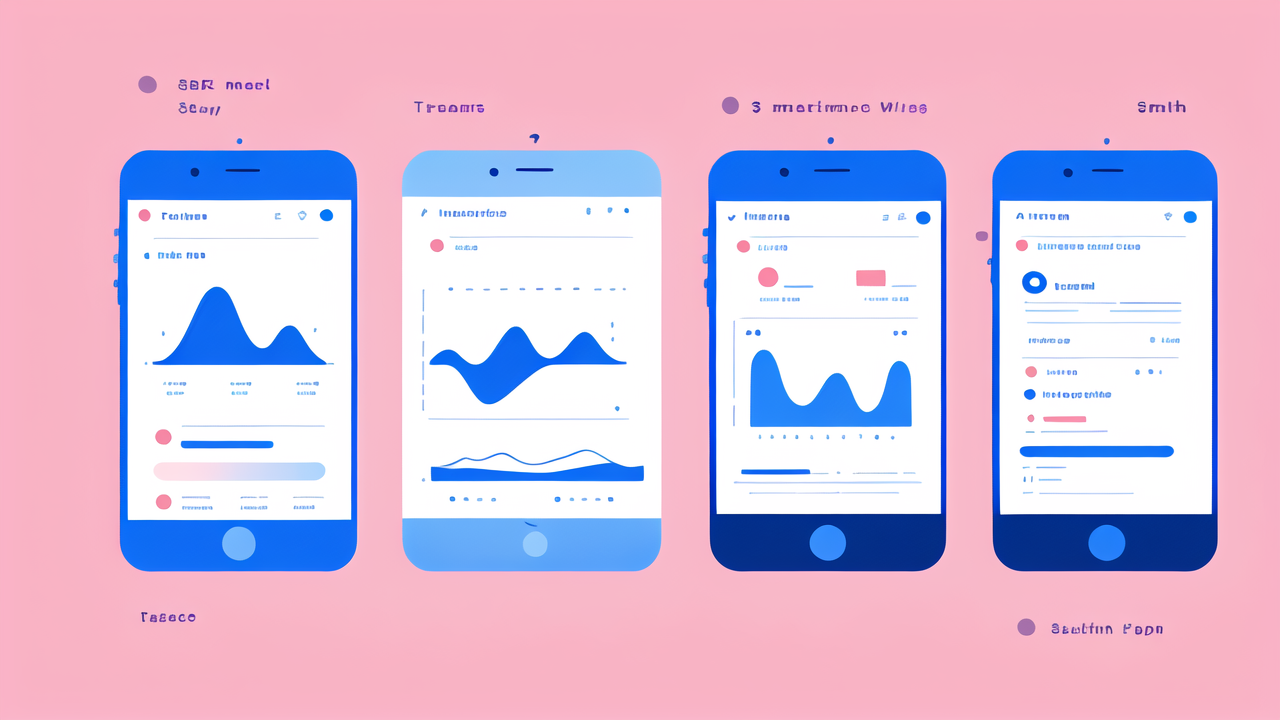Understanding the Differences: Smart Watches and Body Measurement Trackers Explained
The Role of Smart Watches in Personal Health Management
Smart watches have become popular tools for managing personal health. They offer a wide range of features beyond telling time. These devices can track steps, monitor heart rate, and even measure sleep quality. Many smart watches also provide notifications for calls, messages, and apps.

They're great for people who want an all-in-one device. Smart watches can motivate users to stay active and be more aware of their health. They often come with apps that give insights into fitness and wellness trends over time.
What Body Measurement Trackers Offer Beyond Smart Watches
Body measurement trackers focus more on specific health metrics. These devices can measure things like body fat percentage, muscle mass, and bone density. They often use bioelectrical impedance analysis for accurate readings.
Unlike smart watches, these trackers don't usually have screens or offer notifications. They're designed for people who want detailed body composition data. This information can be useful for tracking fitness progress or managing weight.
Comparing Price Points: Smart Watches vs. Body Measurement Trackers
Smart watches vary widely in price, from budget-friendly options to high-end luxury models. Basic smart watches can start around $50, while advanced models can cost over $500. The price often reflects features like GPS, cellular connectivity, and build quality.
Body measurement trackers are generally less expensive. Most range from $50 to $200. The cost depends on the accuracy and number of metrics they measure. Some high-end models can be pricier, but they're still usually cheaper than top-tier smart watches.
Integrating Lifestyle and Fitness with Smart Watches
How Smart Watches Provide a Comprehensive Look at Daily Life
Smart watches offer a holistic view of your daily activities. They can track your steps, calories burned, and active minutes throughout the day. Many also monitor your heart rate and stress levels, giving you a full picture of your health.

These devices often integrate with your smartphone, allowing you to see messages, calls, and app notifications. Some even let you make payments or control smart home devices. This integration helps users stay connected and manage their daily tasks efficiently.
The Benefits of Using Smart Watches for Fitness Enthusiasts
For fitness enthusiasts, smart watches are valuable training partners. They can track various workouts, from running and cycling to swimming and weightlifting. Many offer GPS tracking for outdoor activities, helping users map their routes and monitor their pace.
Smart watches can also provide real-time feedback during workouts. They may suggest when to speed up or slow down based on your heart rate. Some even offer coaching features, guiding users through exercises with on-screen instructions.
The Impact of Smart Watches on Health Conscious Consumers
Smart watches have made health monitoring more accessible to everyday consumers. They've encouraged people to be more aware of their daily activity levels and overall health. Many users report feeling more motivated to exercise and make healthier choices.
These devices can also help detect potential health issues early. Some can monitor for irregular heart rhythms or low oxygen levels. While they're not medical devices, they can prompt users to seek professional advice when needed.
Choosing the Right Device: When to Select a Body Measurement Tracker
If You're Looking for In-Depth Body Measurement Data
Body measurement trackers are ideal for those who want detailed information about their body composition. These devices can provide accurate measurements of body fat percentage, muscle mass, and water weight. This data is valuable for people focused on specific fitness goals or body transformations.

Unlike smart watches, body measurement trackers often use more advanced technology for these readings. They may employ bioelectrical impedance analysis or even DEXA scanning for high accuracy. This makes them suitable for serious athletes or those monitoring their health closely.
The Advantages of Tracking for Specific Health Conditions
For individuals managing certain health conditions, body measurement trackers can be particularly useful. They can help monitor changes in body composition that might be relevant to conditions like diabetes or heart disease. Some trackers can even measure bone density, which is important for those at risk of osteoporosis.
These devices allow users to track subtle changes over time. This can be helpful for evaluating the effectiveness of diet or exercise changes. It also provides valuable data to share with healthcare providers for more informed treatment decisions.
Comparing User Experience: Personal Preferences in Tracking Devices
The user experience differs significantly between smart watches and body measurement trackers. Smart watches offer a more interactive, day-to-day experience. They're worn constantly and provide real-time data and notifications. This suits people who enjoy frequent updates and reminders.
Body measurement trackers, on the other hand, are typically used less frequently. They might be used weekly or monthly to track progress. This suits those who prefer less constant monitoring but want more detailed data when they do check. The choice often comes down to personal preference and specific health or fitness goals.




Leave a comment
This site is protected by hCaptcha and the hCaptcha Privacy Policy and Terms of Service apply.